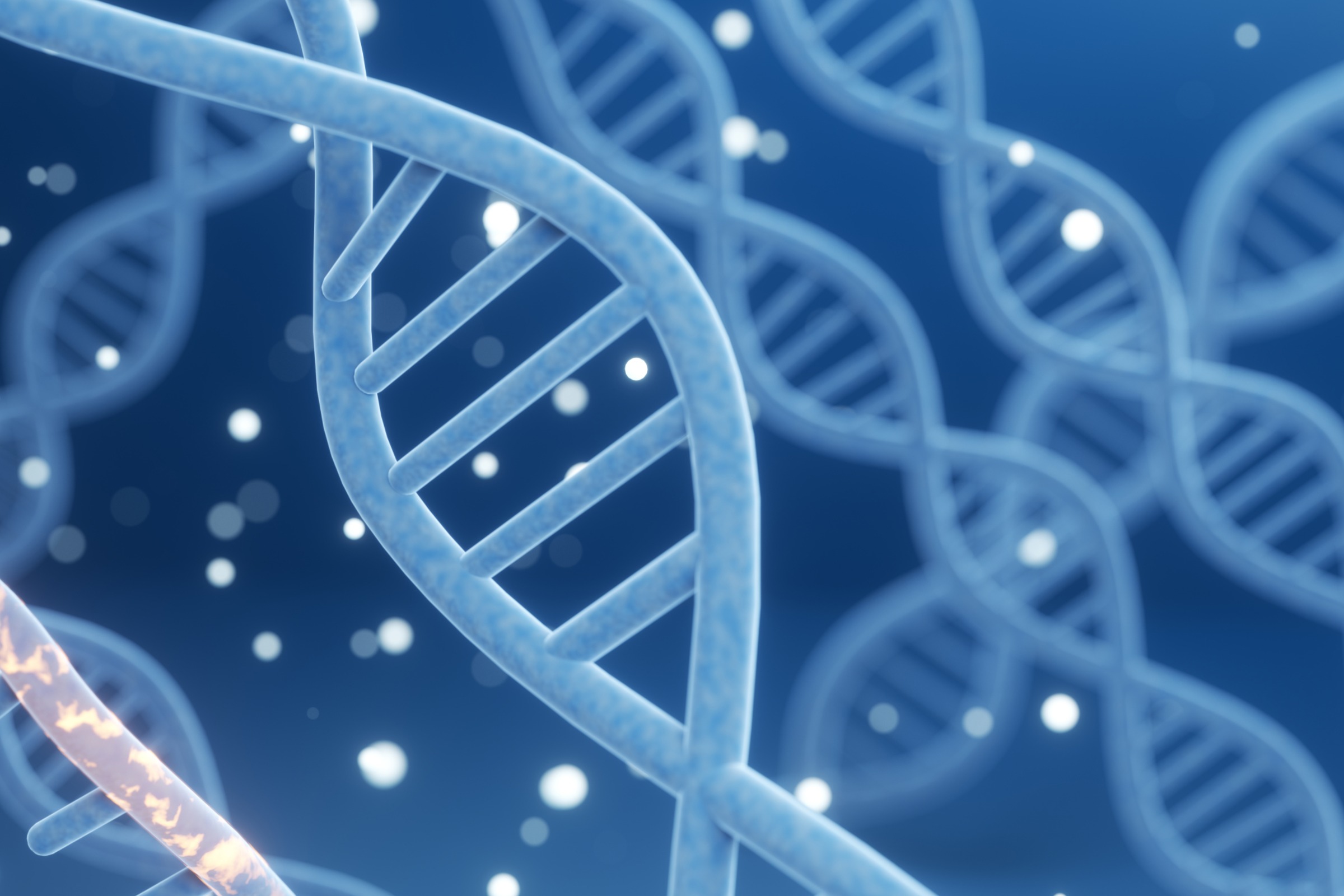We know that the world and its various inhabitants, from plants to animals, are still evolving. In fact, some even believe that humans are actively evolving in different parts of the world right now. But a group of plants found in the Galápagos archipelago might be doing the opposite and de-evolving. Researchers argue that despite how controversial it might sound, tomatoes in the Galápagos actually seem to be going backwards, not forwards.
A controversial idea come to life
De-evolution, or reverse evolution, is a bit of a controversy among evolutionists, and for good reason. Evolution isn’t really meant to have a rewind button. Some organisms might re-acquire old traits that were once lost, but they usually do so through new genetic pathways. But these tomato plants appear to be doing something unexpected.
“It’s not something we usually expect,” Adam Jozwiak, a molecular biochemist at UC Riverside and lead author of the study, shared in a statement. “But here it is, happening in real time, on a volcanic island.”
The primary reason that the researchers believe these plants are de-evolving is because they appear to be reverting to a more primitive genetic state, complete with an ancient type of chemical defense. One of the key changes seen is alkaloids, a type of bitter molecule that usually acts as a built-in pesticide. These chemicals help to deter predators like insects, fungi, and even grazing animals.
Chemicals are the key

Modern tomatoes and other plants all make use of alkaloids. But it’s not the presence of alkaloids that attracted scientists to these plants. Instead, it’s the fact that the tomatoes appear to be making the wrong alkaloids. Instead of creating the alkaloids that the researchers expected to see in a tomato, the de-evolving plants are churning out a version of alkaloids that have the same molecular fingerprint as eggplant relatives from millions of years ago.
What’s even more impressive is that this isn’t all the of the tomatoes found in the Galápagos. Instead, the plants that grow on the eastern islands appear to have the same molecular structure as modern tomatoes found elsewhere. However, those found on the western islands produce alkaloids that look more fitting for an ancient plant, suggesting they have de-evolved in some way.
This discovery pushed the researchers deeper, as they started looking for clues as to how this de-evolution had taken place. They discovered that it only took changes to four amino acids in a single enzyme to lead to the change seen in these plants. They further proved this discovery by synthesizing the same genes coding the new enzymes in the lab and then inserting them into tobacco plants, where they promptly began producing the old alkaloids. Their findings are published in Nature Communications.
The researchers believe that the cause of the de-evolution may come down to the harsher environment found on the western islands. The western section of the Galápagos is younger and less stable. The landscape is far more barren, and the soil is less developed. This could have pushed the plants to adopt the older chemistry setup.
Is it really reverse evolution?
Of course, the researchers are aware of just how controversial their claims might be in some circles. “Some people don’t believe in this,” Jozwiak stated. “But the genetic and chemical evidence points to a return to an ancestral state. The mechanism is there. It happened.”
Further, the researchers believe that this same mechanism could possibly affect humans, too. Over time, changes to our environment might push the human body to pick up past traits that we evolved away from long ago. Yes, it’s controversial, but the possibility that evolution is not a one-way street could fundamentally challenge everything we thought we knew about it.
It could also completely change how we view the history of evolution and provide more insight into our own ancient history as a result. That’s one of the most beautiful things about science, though. Scientists are always challenging their assumptions. And while the idea of de-evolution might sound absurd, the fact remains that these tomato plants in the Galápagos are a perfect example of how new developments can often challenge long-standing beliefs.
The post These plants might actually be de-evolving appeared first on BGR.




